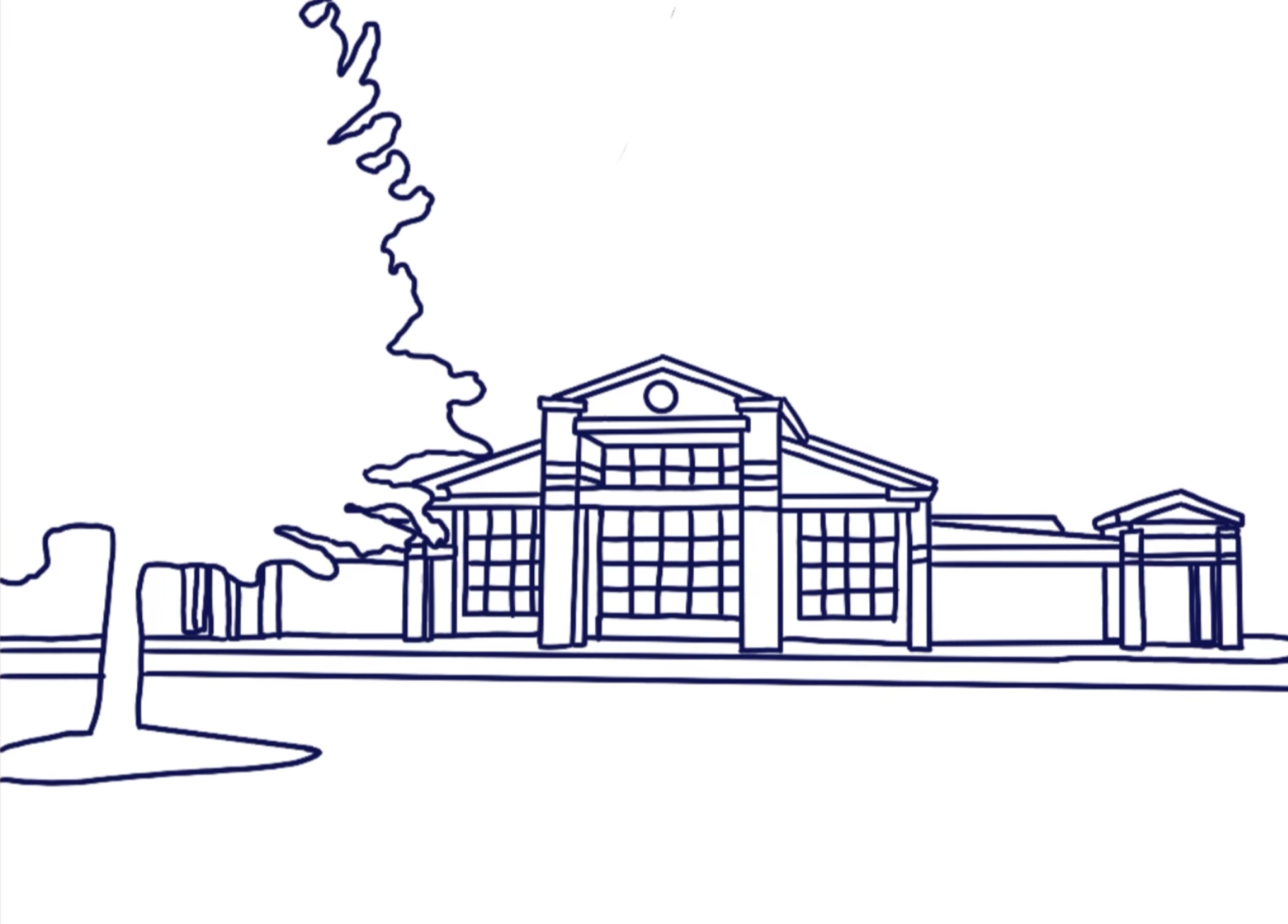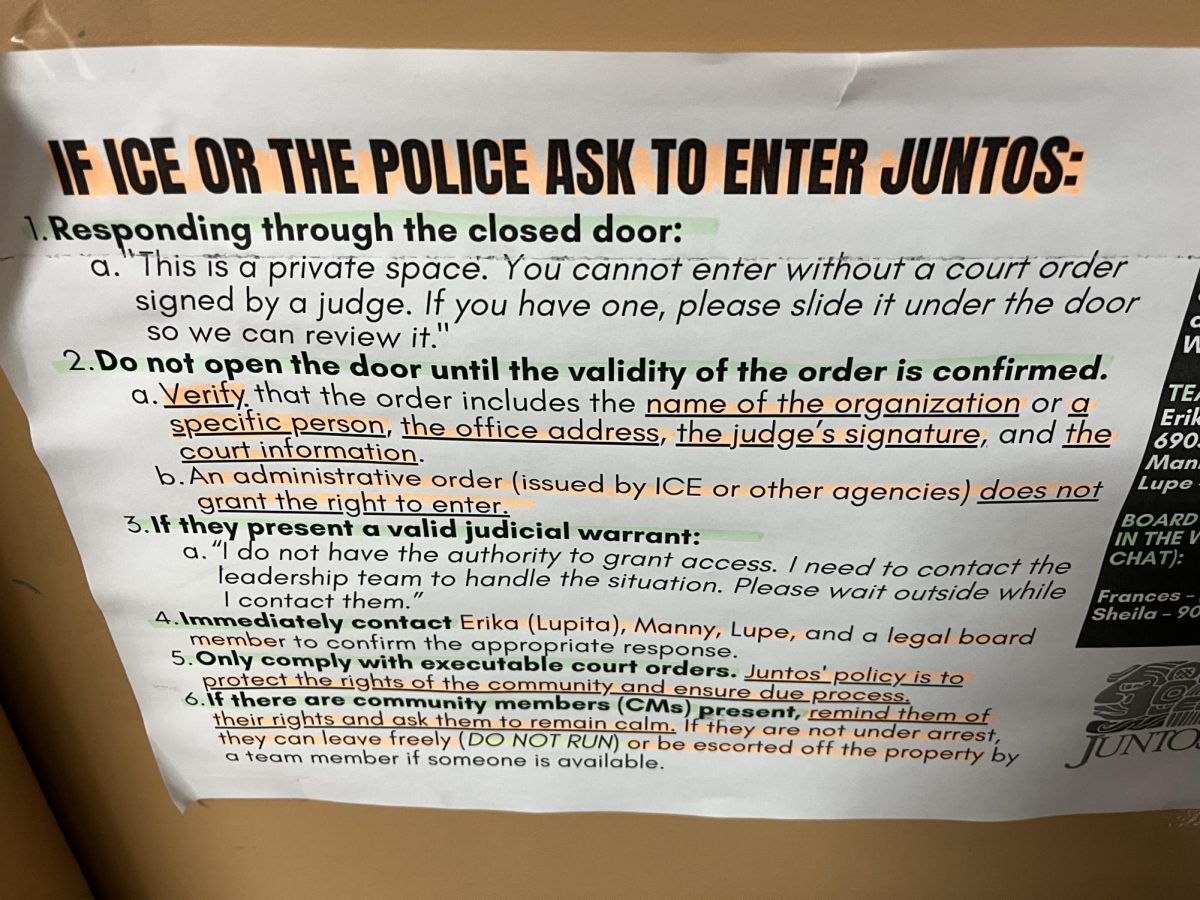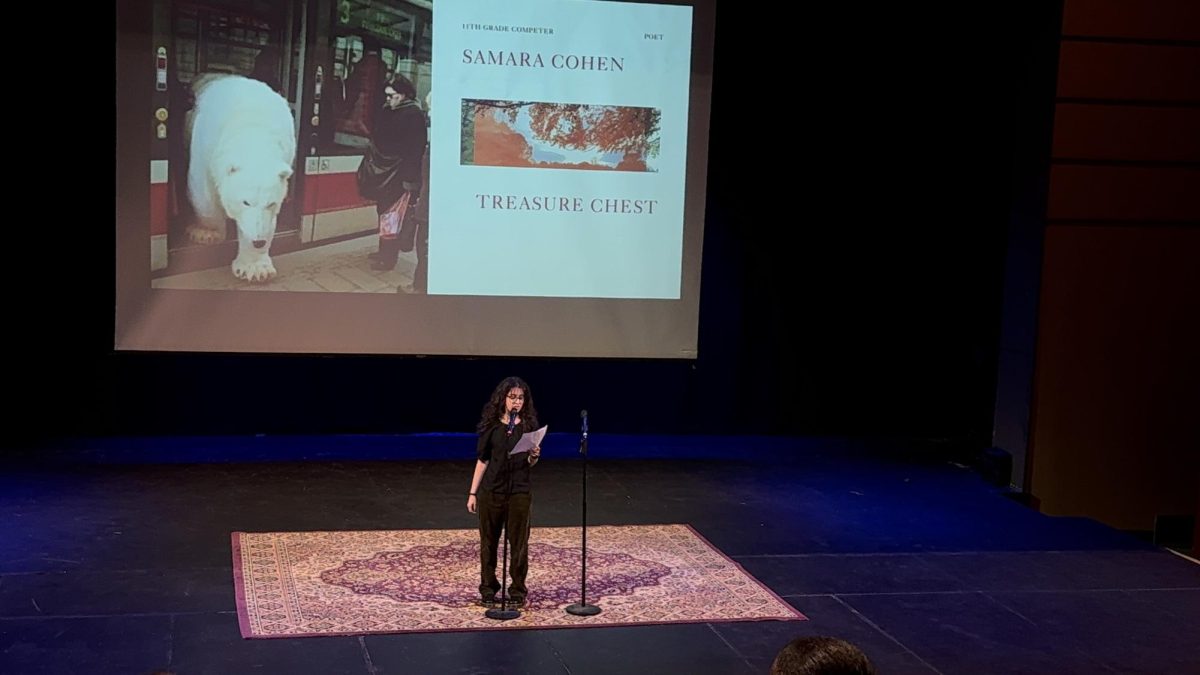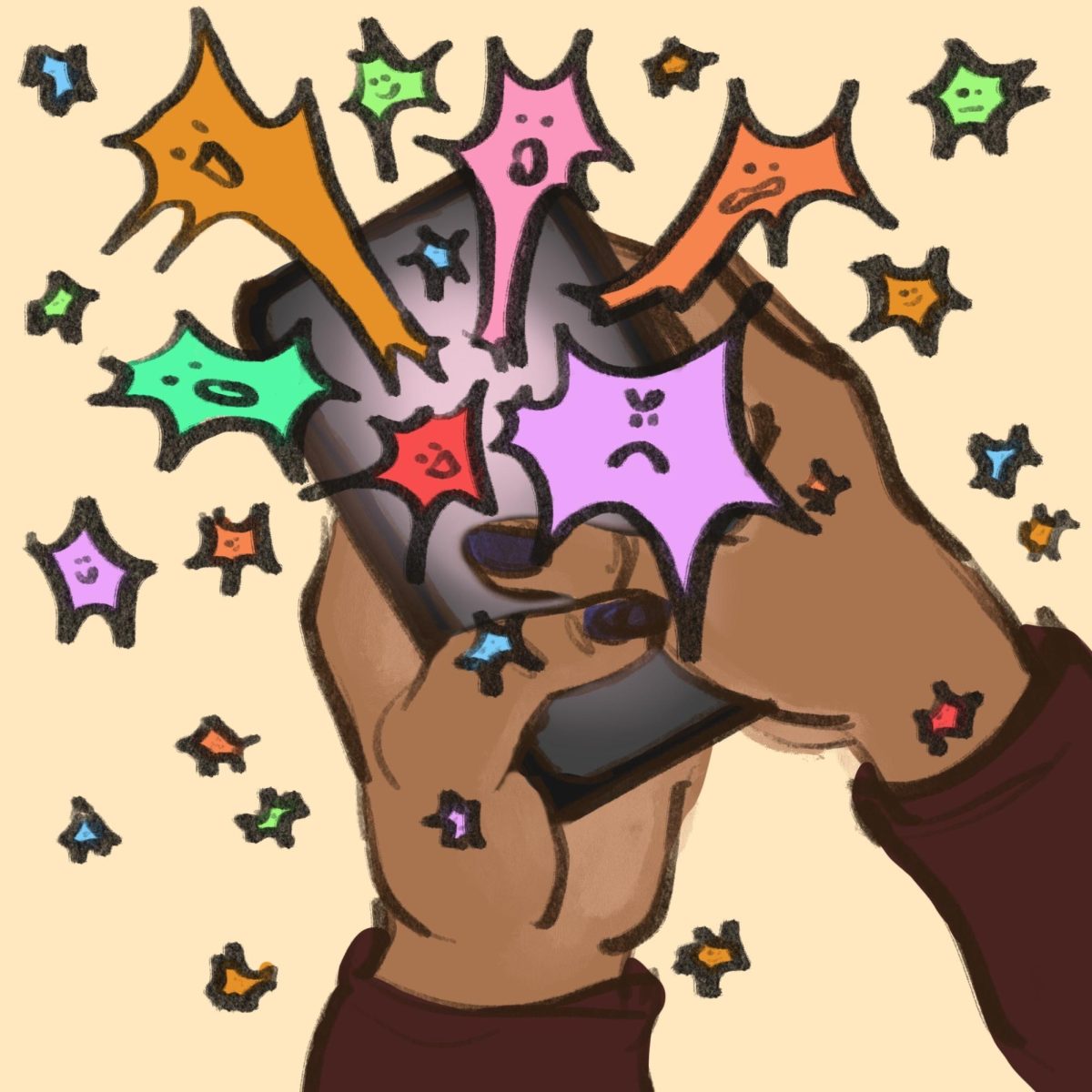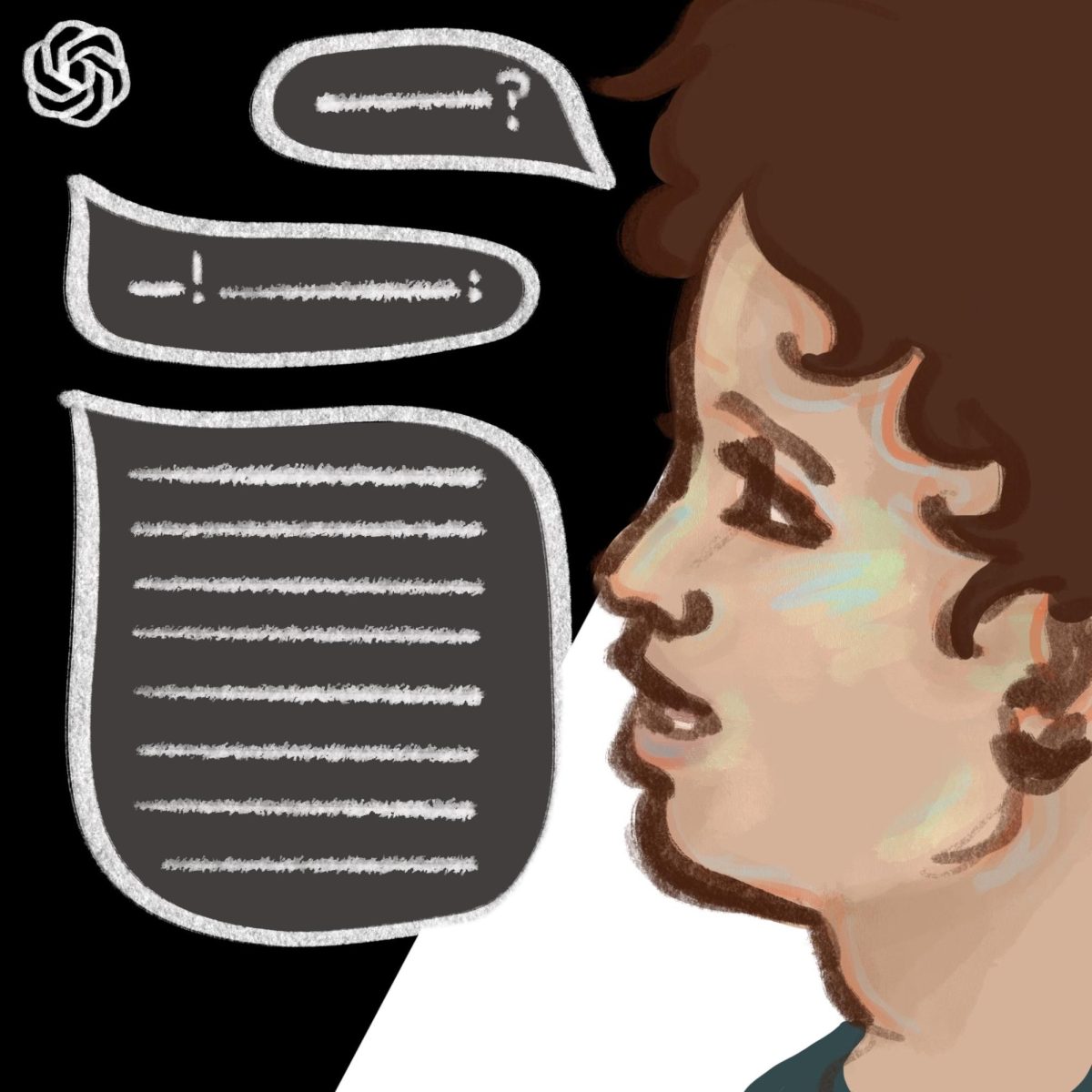Tourette Syndrome is a neurological condition that causes involuntary movements known as tics. There are many types of tics and no two people with Tourette’s will have all the same tics. Anyone can have Tourette’s and the frequency and severity of tics will be different for everyone.
I have Tourette Syndrome and I was diagnosed when I was 12 years old. My tics vary from day to day and some days they can be very disruptive and painful but some other days I will hardly notice them.
According to the Tourette Association of America, one in fifty people will be diagnosed with Tourette syndrome. This condition is more common than people think and the stigma surrounding Tourette syndrome can be very damaging, especially for young people who were recently diagnosed.
Many doctors are not properly educated about how to treat people with tics and that can lead to lasting medical trauma. The treatment for tics is also limited and under researched, many people have to try multiple different medications and some people never find one that works for them.
Many co-occurring conditions go along with Tourette’s, these are called the “big four:” depression, anxiety, ADHD, and OCD. Not everyone with Tourette’s will have all of these conditions but many people experience a large amount of difficulty coping with the intersections of these conditions.
Unfortunately, there is a large amount of negative stigma surrounding Tourette. Many people assume everyone will have coprolalia; a kind of tic that involves socially inappropriate words or movements.
Some people also believe that what people tic is what they are thinking. This can cause social isolation and bullying. Children are especially susceptible to bullying and this can increase the severity of their co-occurring conditions causing an increase of tics.
Schools and medical professionals must know how to help people with Tourette’s. Young people with Tourette’s and tics must be supported and accepted to be able to reach their full potential.
Early intervention and diagnosis can change someone’s life for the better.
The more people know about Tourette’s and tics the better. Everyone deserves to be fully accepted and included.
